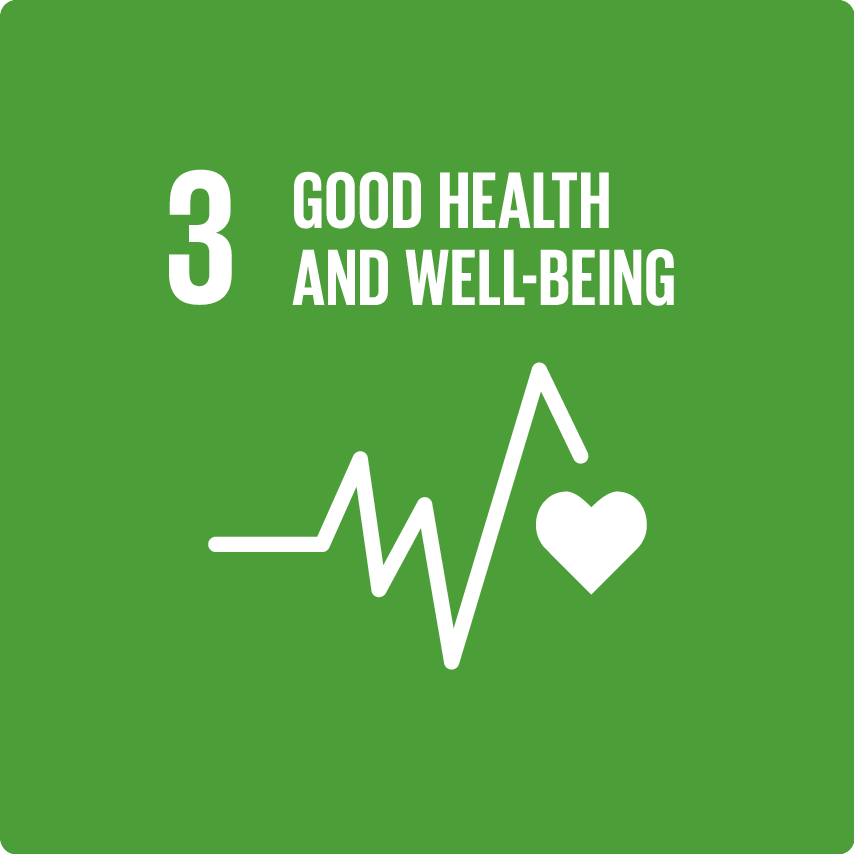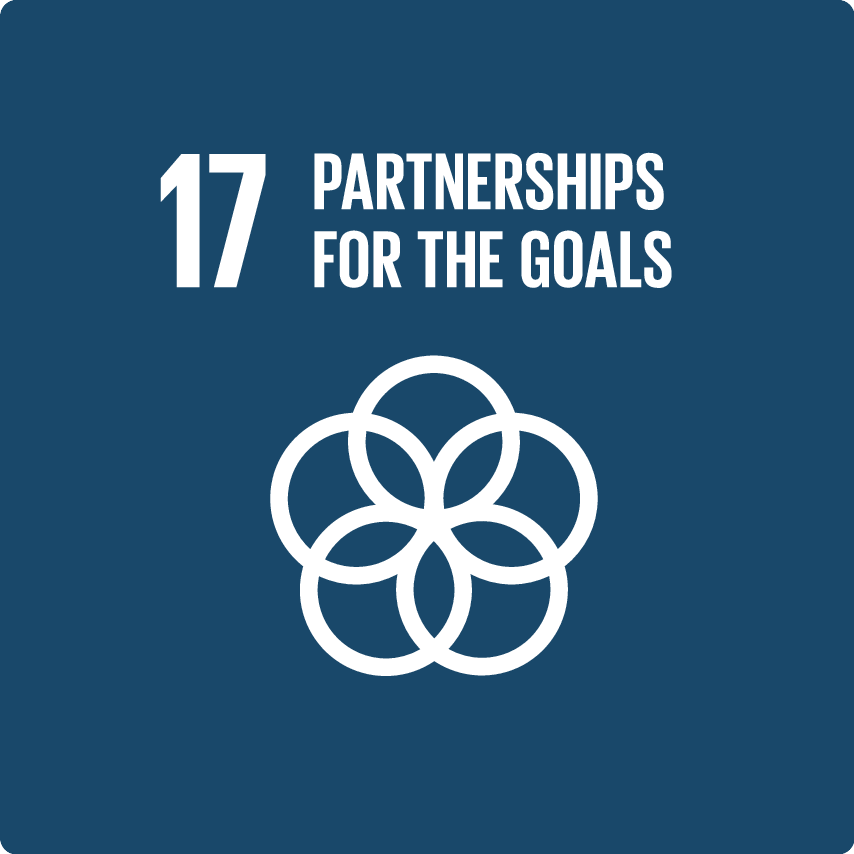R&D Access to Medicines Employee Fellowship Program
Takeda launched its R&D Access to Medicines (AtM) Employee Fellowship Program to provide a platform for knowledge sharing to expand the scientific and technical capabilities of local healthcare systems and workers in low- and middle-income (LMICs) countries, particularly in cancer and mental health.
SEE ALL PARTNER ORGANIZATIONS
Objectives
- Enhanced disease awareness and education
- Improved pharmacy and diagnostic capabilities
- Improved epidemiology, data management and data analysis capabilities
- Enhanced research capabilities to adapt and evolve care delivery
- Development of sustainable treatment models and protocols.
Health needs and challenges
Cancer and mental illness are emerging and often an interconnected health crisis in LMICs. SSA and Haiti lack adequate cancer and mental health care infrastructure, and there is a great shortage of healthcare professionals to provide adequate care. Many of the healthcare systems and healthcare workers in LMICs require additional technical and scientific training and mentoring in order to address the complexities of cancer and mental illness health diagnosis and treatment.
How the partnerships and program activities address the health needs and challenges
The objective of the program is to provide a platform for knowledge sharing to expand the scientific and technical capabilities of local healthcare systems and workers in low- and middle-income (LMICs) countries, particularly in cancer and mental health. With the complexities and interconnected nature of cancer and mental illness in LMICs, the additional technical and scientific training and mentoring provided through the Fellowship program aims to improve local cancer and mental health care, and ultimately patient survival and well-being.
The Fellowship program is unique in that it builds sustainable scientific and technical capacity in LMICs through long-term, group and meaningful 1-on-1 knowledge sharing, mentoring and engagement from R&D employees to local counterparts. The program enters into two to five-year agreements with select NGO partners who have experience working with the medical and scientific communities in LMICs. R&D employee volunteers with specific technical skills and experience are matched to a project objective and contribute both virtually and face-to-face through ‘project teams’ that are led by the NGO partner and local healthcare workers. Together they work to address local gaps or capacity needs. This model ensures that the knowledge can be adapted to best suit the local needs and situation and provides R&D employees the opportunity to work towards more long-term sustainable solutions.
The capacity building project teams meet virtually once every two weeks (Takeda R&D employees only) and monthly as a full project team, including NGO partners and local healthcare stakeholders. R&D employees also connect routinely 1-on-1 with their local counterparts through email and phone calls as needed. On-site visits are also held twice a year and focus on implementation of plans devised during the virtual meetings. This includes group training’s, assessments of previous work implemented and adjustments to plans based on local observations and understanding.
By participating in the Fellowship and capacity building projects, Takeda R&D employees share their skills, experience and technical expertise to support and build healthcare capacity in areas such as clinical care, epidemiology, training, R&D project management and supply chain. It also enables them to enhance their own understanding of local needs, perspectives and access to medicine which can inform new ideas and medicines that will meet the needs of patients in LMICs.
More importantly, by addressing these issues, the fellowship program is aligned with the commitment by African governments and the Haitian government to move towards attaining universal health coverage.
Results and milestones
Since inception in 2016, 100 R&D employees have contributed their skills through the knowledge sharing Fellowship program, which is proving to be sustainable in multiple ways:
- Once local stakeholders are fully trained and implementing in their specific area, they are able to serve as technical experts to train others at their centre as well as at other sites across the country and region (e.g. through local/regional conferences)
- The technical and scientific knowledge acquired can be used to obtain research grant funding from country level and international granting organizations which also help to retain medical/scientific talent locally
- Improvements in data collection and analysis can be used to impact health policy and funding decisions at the regional and national levels
Geographic Reach
- Africa
- Americas
Disease Area
- Non-communicable diseases
Target Population
- People with low incomes
Partner organizations
Geographic Reach
Africa
- Kenya
- Rwanda
- United Republic of Tanzania
Americas
- Haiti
Disease Area
Non-communicable diseases
- Cancer
- Mental and neurological disorders

